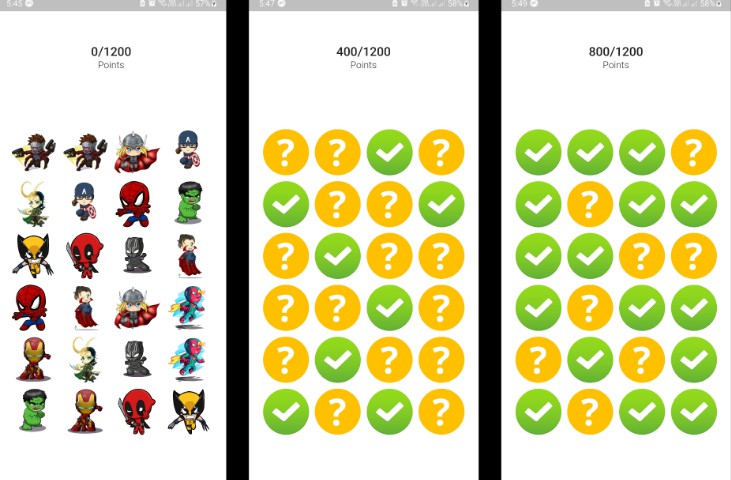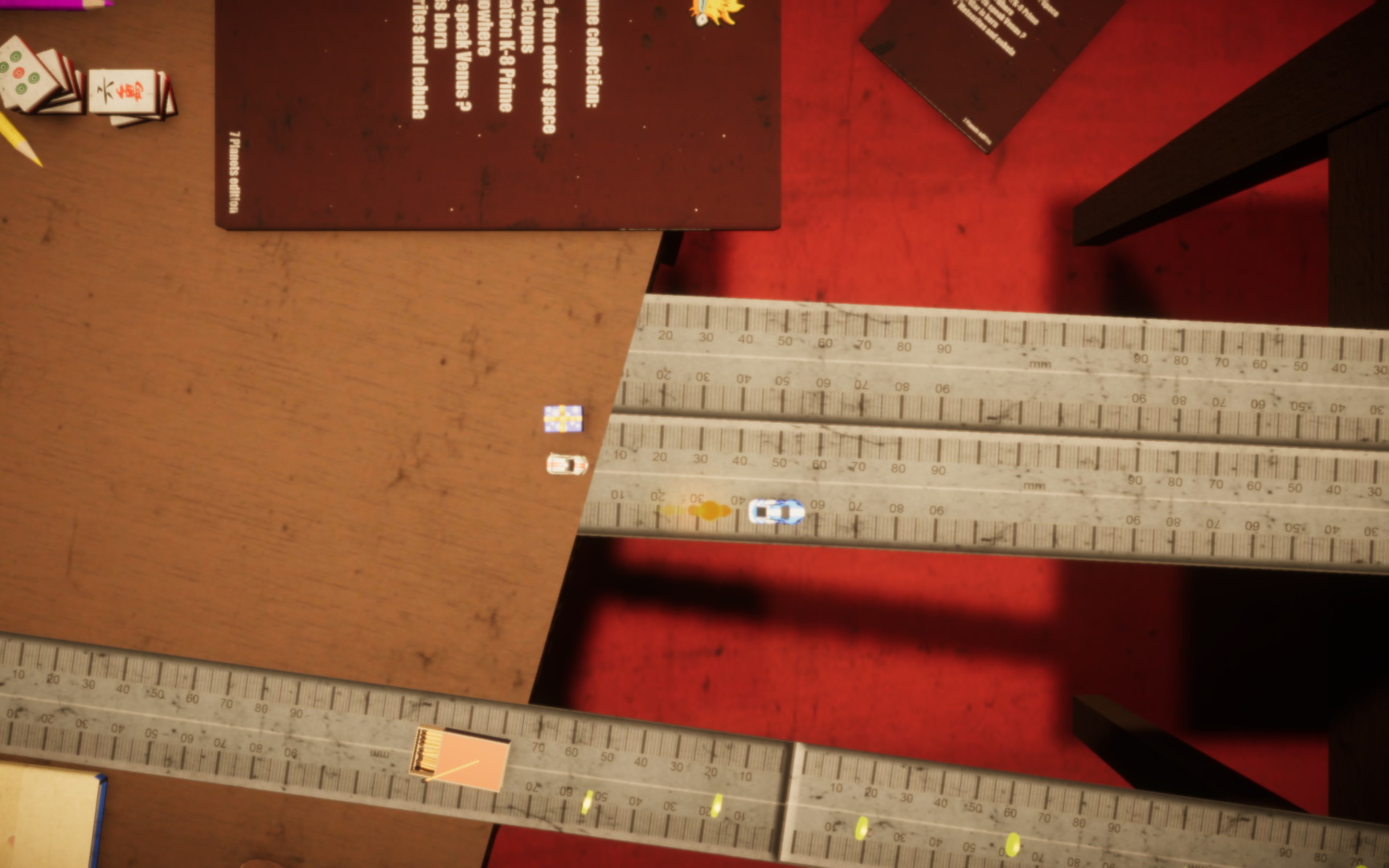

The mechanism of gaming as a benefit to society can be very helpful, but if people do not want to change, then people will not change.Ĭompanies finding ways to sell and get people addicted to games is called gamification. Giving the benefit of the doubt to the assumptions of McGonigal, one can see the positive benefit on society. The main criticism is that there is no mechanism explained by the author Anderson in his contrast of the viewpoints. As McGonigal notes, “We might even use these approaches to help solve real world problems like obesity, education and government abuse.” Although this is a great idea, I do not believe this would fully solve any real-world problems such as obesity. She is convinced that if the mechanics of games were used with everyday li humanity would be much healthier and overall more superior.

Jane McGonigal, American game designer and author believes that games are good for society.

At the same time predominantly cellular games like: Angry Birds, Tetris, Candy Crush, Fruit Ninja and Pokémon Go are fruitless endeavors. ” In other words, those games are more relevant and worthwhile. These games as Anderson observes, are “built accordingly, around long narratives (quests, wars, the rise and fall of civilizations) that could be explored comfortably while sitting cross-legged on a living-room carpet. Andersons’ dislike for games – primarily cellular gaming rather than sophisticated gaming consoles such as: X-Box 360, X-Box One, Nintendo, Sega, Game-Cube, or PlayStation. These will ultimately rot our brains and waste our time. With companies creating thousands of games that can be played on cellular phones, they’re giving everyone the crutch of owning a hand-held gaming console. The purpose of video games is to be an active participant in a story, much like sitting around the fire telling myths like our ancestors. How it “Inspired a disturbingly robust merchandising empire: films, t-shirts, novelty slippers, even plans for Angry Birds “Activity parks featuring play equipment for kids.” For example, he stated how the game Angry Birds (in paragraph eight) has been downloaded more than seven-hundred million times. Anderson also states how non-gaming companies advertise popular games to attract customers. Obviously, companies care about making money, not about the brain cells they’re destroying or precious time they’re wasting. I promote the idea of Yin and Yang, that there should be an equilibrium with respect to games.Īnderson believes games are similar to brainwashing, according to paragraph 11 where he states, “They’re less an activity in our day then a blank space in our day, less a pursuit than a distraction from other pursuits.” Games exist to distract ourselves and waste time not dealing with reality. It is this author’s opinion that both McGonigal and Anderson are correct in their assumptions that games are good and bad. This contrast is made abundantly clear when the author creates the dichotomy of the dystopia versus the utopia with respect to games. This in contrast to the book Reality is Broken where Jane McGonigal shows the possible positive benefits from video games on our society from the psychological perspective. Video games are reshaping our society, becoming a “new drug” of sorts. Almost instantly you can gain his perspective as a love-hate relationship for games in general. Throughout Anderson’s essay he refers to all games as stupid games. Gaming is depleting people of time and ravaging minds that would otherwise be focused on something productive. You can relate with Anderson and understand his beliefs regarding games. In his essay, “Just One More Game ,” Sam Anderson invites us into his view on what games are doing to society, and what he predicts may happen in our future. dollars in 2015 and are expected to grow to 90 billion by 2020 ” (Statista). “Games have amounted to nearly 75 billion U.S.


 0 kommentar(er)
0 kommentar(er)
